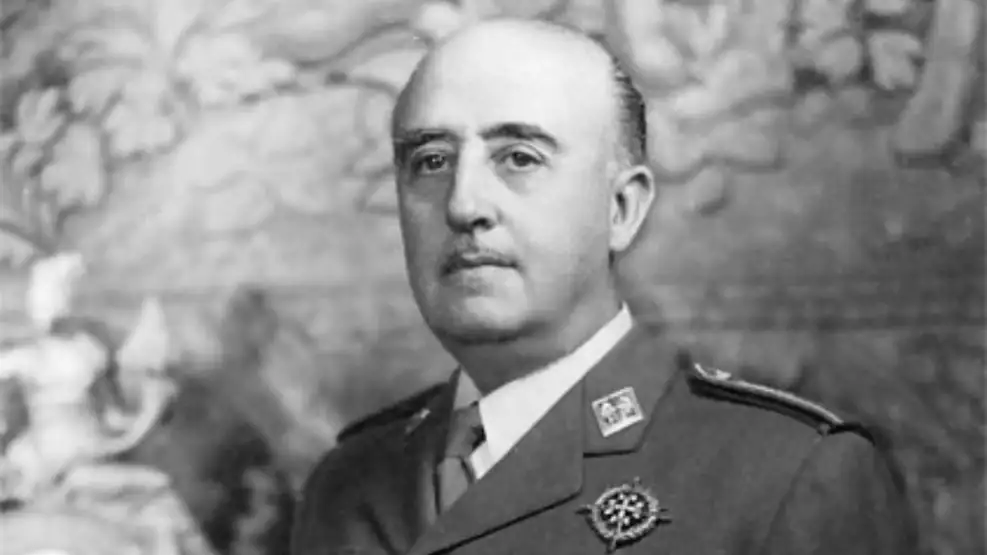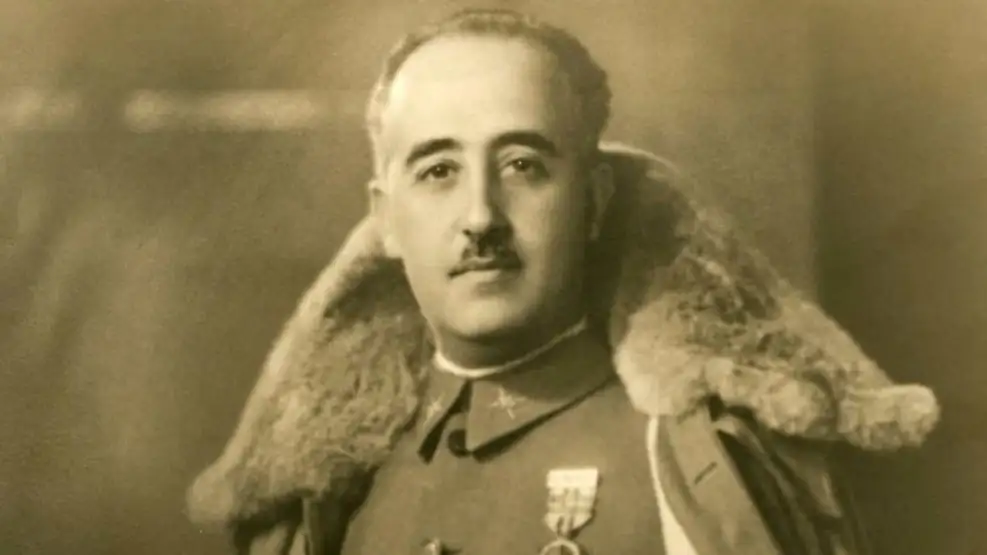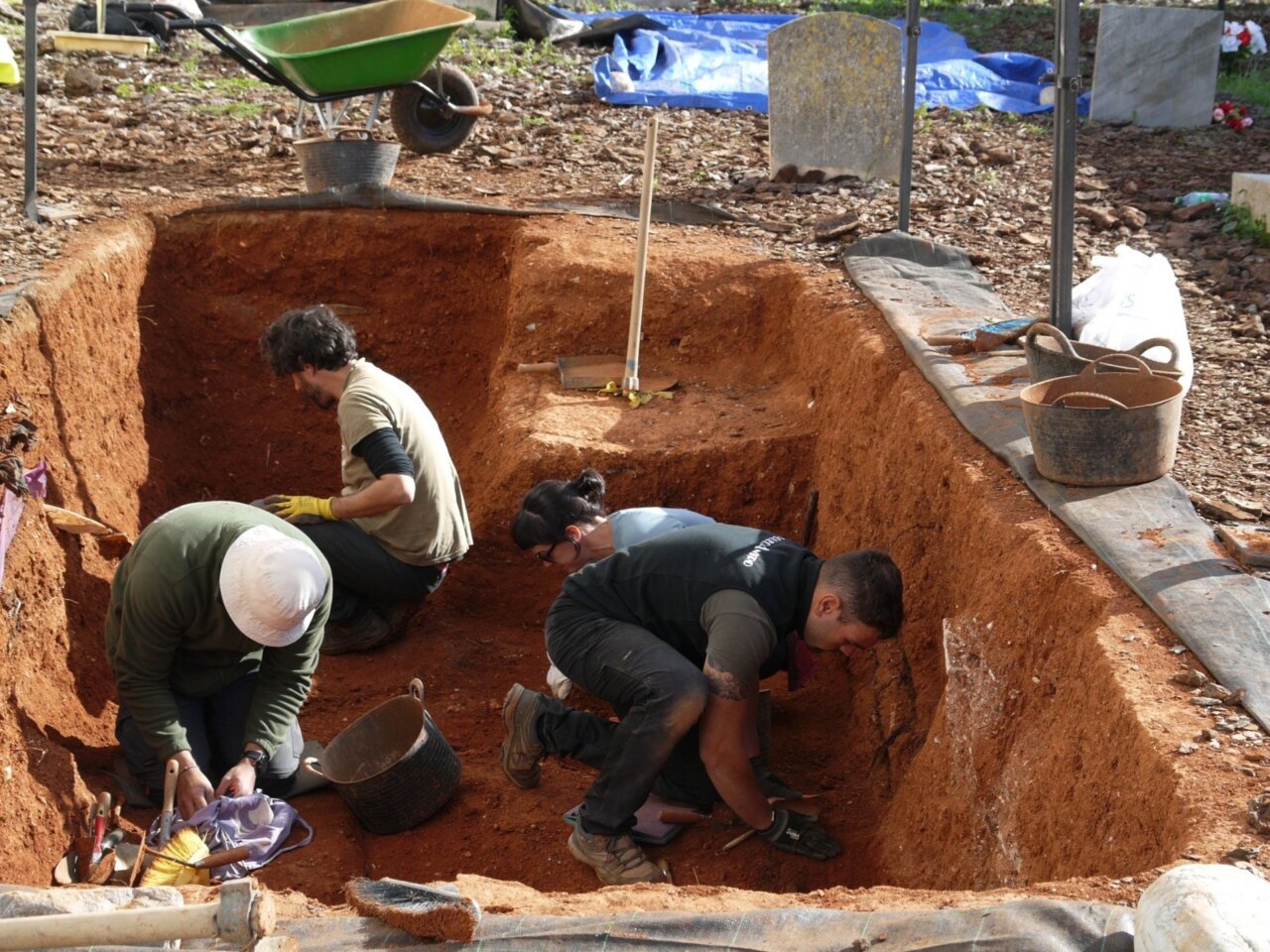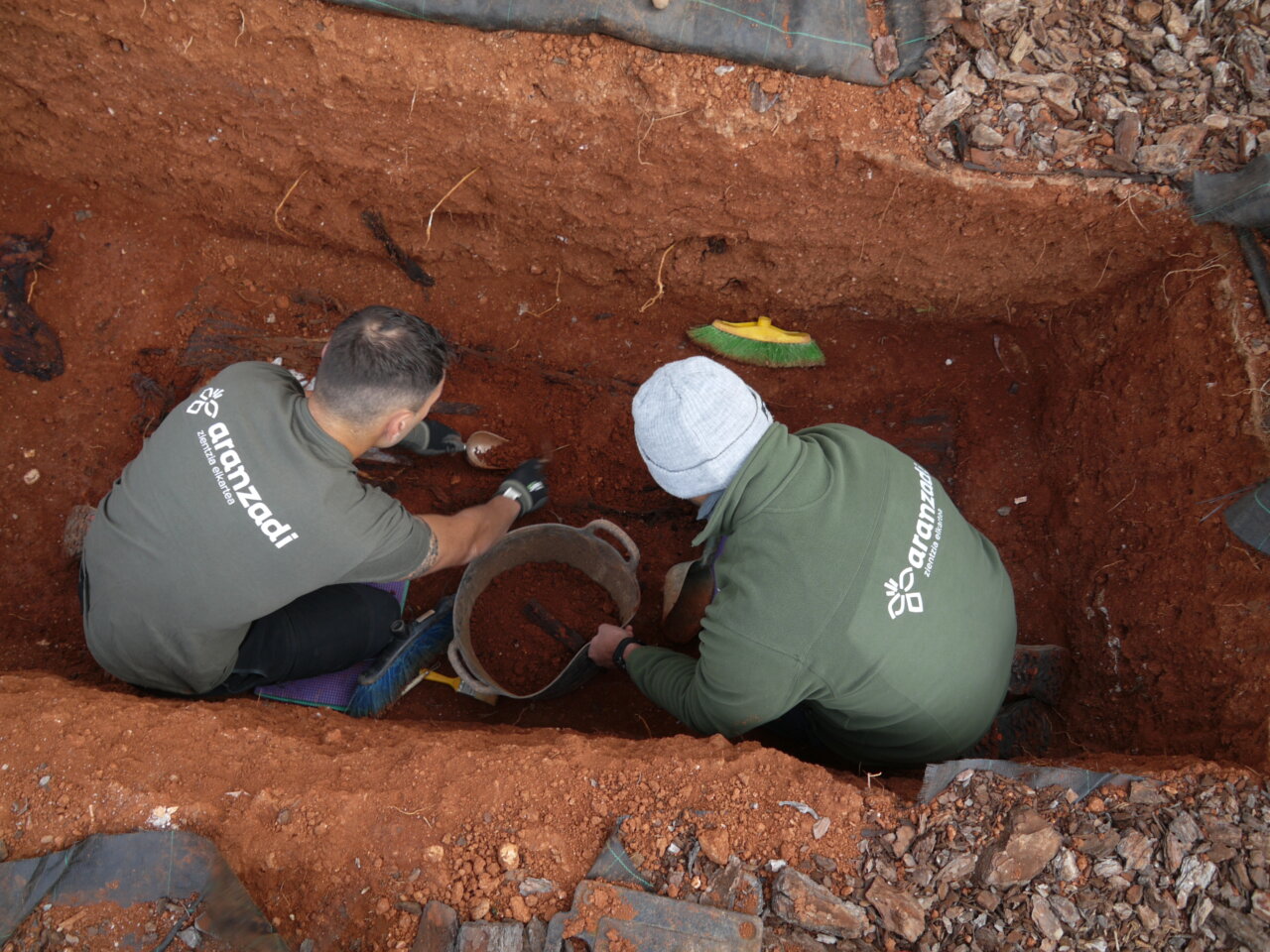Fifty years after that solemn “Spaniards, Franco is dead”, the dictator has not disappeared from the collective imagination. Two memory laws later and with Francoism out of the Valley of the Fallen, one out of every five Spaniards considers that Francisco Franco’s dictatorship was “good” or “very good”, according to the penultimate CIS barometer collected by El Condifencial. The same percentage, 21%, thinks that the current democracy is “equal”, “worse” or “much worse” than the dictatorship.
The sociological picture drawn by the CIS is both clear and disturbing: Francoism retains significant sympathies in the Spain of 2025, and these sympathies are concentrated, in a striking way, in two very specific generational extremes.
Young people and Francoism: between historical ignorance and memes
The CIS data point to a first striking group: those under 24 years of age. One out of every five young people between 18 and 24 years of age believes that the Franco regime was “good” or “very good”, and this group also has the highest percentage of the population that considers the democratic system to be equal to or worse than the dictatorship: 24.9%, that is, one out of every four.
For Narciso Michavila, president of GAD3, these young people have grown up in democracy and in a digital environment in which “Franco a meme”, rather than a clear historical reference. They have no direct memory of the regime, nor do their parents, and that distance facilitates a trivialized view of the past.
Enrique Javier Díez Gutiérrez, Professor of Education at the University of León, stresses that the root of the problem is twofold. On the one hand, he points out that “the first reason is that we are an anomaly with respect to most of Europe. While the vast majority of European democracies (France, Italy and Germany) were built from anti-fascism (due to the defeat of fascism in the Second World War), in Spain it was built from overcoming the past, from oblivion”.
On the other hand, he points directly to the educational system: “One of the pending issues is the inclusion of democratic historical memory from 6 to 16 years of age. This is the period through which the entire Spanish population goes through compulsory education and, therefore, the only contact many people have with scientific knowledge”. Without a solid formation on Francoism, what Hannah Arendt defined as the “banality of evil” is installed.

Díez explains this with examples from the classroom: “It is not unusual to find students laughing and talking about ‘Franco, ese bro’, or repeating the slogan that ‘with Franco we lived better’. In some schools there are youngsters who sing ‘cara al sol’ by heart at recess. There has been no will to include the Franco era in the educational system and these are the consequences”.
Social networks, disinformation and political rebellion
Professor of Sociology at the Complutense University José Antonio Alcoceba agrees that young people are victims of an “erratic educational policy in which Francoism has never been told from a historical point of view,” but adds another decisive factor: the digital ecosystem. The networks, he argues, “construct very reduced visions of reality”, and “simple discourses in social networks are very pervasive”.
Alcoceba also points to the influence of certain content creators who, without being overtly political, do shape the ideological climate of their audiences: “There are influencers such as Xokas and others like him who, although they do not make politically themed content, do give their opinions and generate a certain breeding ground that favors polarization”. At the university, he adds, this polarization has been transferred to the classroom to the point that debates that used to be possible from different positions now lead to “verbal violence”.
Díez also introduces a socioeconomic element: “As the philosopher Victoria Camps reflects in ‘The society of mistrust’, what young people see is a society that does not offer them a hopeful future. Oxfam shows that the richest 1% has more wealth than 95% of the population as a whole, the future looks worse, inequality increases…. The uneasiness about the future leads you to be fascinated by an idealized past. Antonio Gramsci also said it: the old world is dying, the new one takes time to appear and in the meantime monsters emerge”.
This social malaise translates, in part, into political rebellion. Díez puts it crudely: “To be a badass today in high school is no longer to wear a leather jacket or a punk crest, now it is to be a Vox member. This is provocative and makes teachers uncomfortable. To be anti-system for them is to be Vox. Rebellion has changed sides. Before it was 15-M and now it has turned around”.
The over 75s: vital memory and nostalgia for order
At the other extreme, those over 75 years of age constitute the other great nucleus of support for the regime. Up to 25.8% of Spaniards born before 1950 rate the years of Franco’s dictatorship as “good” or “very good”, the highest proportion of all age groups. Many of them lived their youth and a good part of their adult life under Franco.
The political analyst Ignacio Varela proposes a biographical reading: “If I am now 70 years old and when Franco died I was 20, probably the regime was a happy time for me. I have little faith in these questions formulated in a bare-bones way because they are mixed with personal experiences”. Thus, the perception of the regime intersects with memories of youth, job stability or social ascent.
Varela adds that the comparison with current politics also weighs heavily: “There is a very high level of discomfort and rejection of current politics. Anything with which you compare current politics will win out. The current population is convinced that the main problem of Spanish society is politics”.
For Narciso Michavila, the phenomenon is reminiscent of what is happening in Russia with the memory of the USSR: “Older people have a better opinion of the communist regime than those who grew up in the 1990s. For them the arrival of capitalism was chaos, and they longed for the security of the Soviet Union. The older ones associate Francoism with an image and values in which they have been raised”.
Vox, the militant ultra-right and grandchildren listening to their grandparents
The CIS microdata indicate that 61.7% of Vox voters believe that Franco’s dictatorship was “good” or “very good”, compared to 41.6% of PP voters. Santiago Abascal’s party has declined to participate in the commemorative act for the anniversary of the coronation of Juan Carlos I, but one of its members points out about the CIS results: “Grandchildren usually pay attention to what their grandparents, who are sensible people, say”.

Neo-Nazi activist Isabel Peralta, 23 years old, offers a portrait of a part of that youth that views Francoism with sympathy, although she herself feels closer to José Antonio Primo de Rivera. She affirms that “we are used to being told from an early stage about Franco as the bogeyman coming for us. My generation has not lived through Franco’s regime and neither have my parents. Showing so much interest in the educational system to generate a vision of Franco in young people ends up backfiring”, and adds that it has happened “just as with gender ideology, which is taken as a parody of biology”.
How the perception of Francoism has changed in 15 years
Despite this upturn in “sociological Francoism”, the overall data continue to be clearly against the dictatorship. In general terms, 6.1% of Spaniards describe the dictatorship as “regular”, and the majority, 26.4% and 39.1%, say it was “bad” or “very bad”. In parallel, 40.8% of those surveyed believe that the current democracy is “better”, while 33.8% believe it is “much better”.
The temporal comparison, however, shows a change: in 2008, the CIS already asked about the memory of the Civil War and Franco’s regime, and only 11.2% said that they did not mind one regime over the other (5.3%) or preferred an authoritarian regime (5.9%), while 85.5% considered democracy to be preferable to any other form of government, a higher percentage than today.
The writer Manuel Vilas synthesizes the weariness of part of society with the persistence of the subject: “I’m fed up with Franco, you have to invoke the outburst”. For him, the fixation with the figure of the dictator is a burden: “If Franco could come back he would die laughing. Imagine that in 1925, people were obsessed by something from 1836. This is the anomaly we live in Spain. This resurrection of Francoism produces an enormous boredom in me. It is metaphysically boring and it is a Francoist revival that takes away our desire for modernity, our desire to look at a country that is among the elite”.








